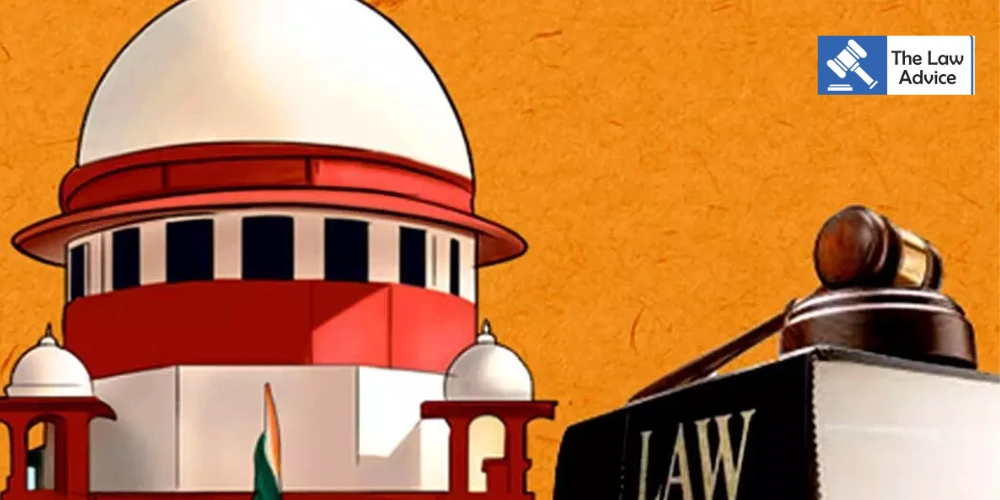New Delhi | July 25, 2025
In a significant development, the Supreme Court of India on Thursday allowed the Kerala Government to withdraw its petitions challenging the prolonged inaction of Governor Arif Mohammed Khan on several State bills. The move effectively ends the litigation between the State and Raj Bhavan over the constitutional responsibility of giving timely assent to legislative proposals.
What made the decision even more critical was the Court’s rejection of the Centre’s attempt to block the withdrawal, signaling the judiciary’s firm stand on a litigant’s right to withdraw its own legal challenge.
The Core of the Controversy
Back in 2023, the Kerala Government had approached the Supreme Court claiming that the Governor had failed to act on eight bills, some pending for as long as two years. These bills covered a range of topics from higher education reforms to regulations of cooperative societies. The State argued that the delay undermined the democratic process and violated Article 200 of the Constitution, which requires the Governor to act on bills “as soon as possible.”
What Happened in Court?
During the hearing, a two-judge bench led by Justice P.S. Narasimha and Justice A.S. Chandurkar noted that since the Governor had already taken action on the pending bills, the case had become “infructuous.”
• Senior Advocate K.K. Venugopal, appearing for Kerala, confirmed that the State wanted to withdraw the petitions unconditionally.
• The Attorney General (AG) and Solicitor General (SG) opposed the withdrawal, urging the Court to instead wait for the upcoming Presidential reference on the broader issue of governors delaying assent.
• The Court, however, ruled that the State had full liberty to withdraw its own case and the Centre could not stop it from doing so.
“The petitions are allowed to be withdrawn. We cannot compel a party to pursue a case,” the bench said, making it clear that the Centre’s objection would not override the State’s decision.
Why This Ruling Is Important
1. Reinforces Federal Autonomy: The SC upheld Kerala’s right to manage its legal strategy, a win for states asserting autonomy in constitutional disputes.
2. Preserves Judicial Clarity: The court didn’t mix up the pending Presidential reference under Article 143 with Kerala’s specific dispute, keeping both proceedings on separate tracks.
3. No “Forced Litigation”: This judgment reaffirms a core legal principle—no party can be forced to continue a case it no longer wishes to pursue, even in a constitutional context.
Case Title: State of Kerala v. Hon’ble Governor of Kerala & Ors.
